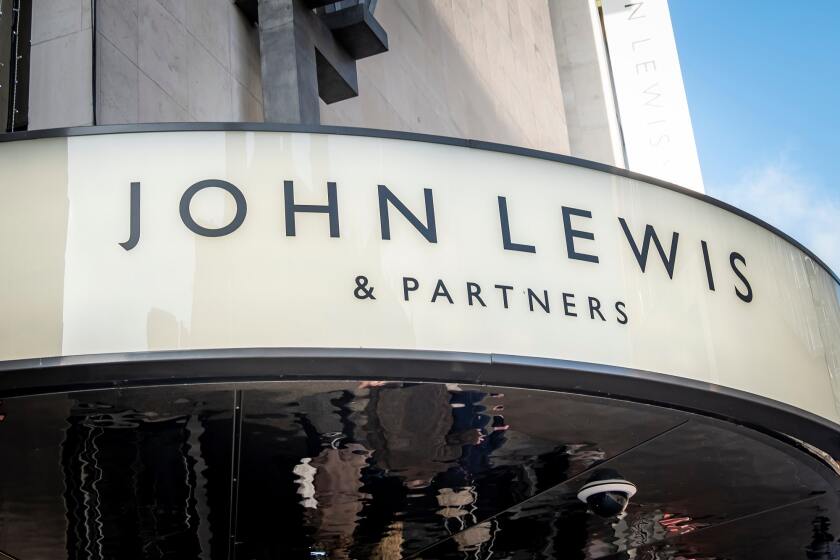One of the problems with copyright infringement trials is, at times, it can feel as though there aren’t really any winners.
Take Ed Sheeran’s headline-grabbing copyright trial over his song ‘Shape of You’ last year. The singer won at the England and Wales High Court but not before multiple headlines likening him to an “obsessive music squirrel” who borrows and stores ideas for songs had circulated online.
Sheeran’s fame meant the eventual judgment in his favour was fairly widely reported, but he was quick to stress the impact the trial had on him.
“I'm not an entity, I'm not a corporation, I'm a human being and a father and a husband and a son. Lawsuits are not a pleasant experience and I hope that this ruling means in the future baseless claims like this can be avoided,” he said after the case.
He added that such claims were “really damaging to the song-writing industry”.
By contrast, the claimant Sami Chokri presumably would have felt aggrieved that his claims had failed. It is surely rare in these cases that claimants file suit merely to try their luck.
Fired up
Which brings us to today, April 3, when the Intellectual Property Enterprise Court (IPEC) at the High Court ruled in favour of retailer John Lewis and advertising agency DDB in their copyright dispute with children’s author Fay Evans.
Evans alleged that John Lewis’s 2019 Christmas advert about an over-excitable dragon was a copy of her book ‘Fred the Fire-Sneezing Dragon’. Hearings took place at the IPEC in January.
Her Honour Judge Melissa Clarke ruled that John Lewis did not have access to, or see, Evans’s work prior to creating its advert, and that no infringement had taken place.
The full judgment, by the way, is well worth a read and opens with a delightful description of dragons and their representation dating back to biblical times.
But the ruling makes no secret of the damage these cases can do to professionals in the creative industry.
So much so that Clarke ordered Evans to publish notice of John Lewis’s victory on her website and via her social media.
Part of the reason for this order was because Evans had extensively publicised the case pre-trial. This was described by the judge as a three-year social media campaign. Almost every mainstream news publication reported on the case. Most appeared to take a ‘David v Goliath’ line in solidarity with Evans.
The author should publish the notice of her defeat to “redress the balance”, according to Clarke.
There are echoes of Sheeran’s words in Clarke’s judgment on this point.
“Evidence from the defendants’ witnesses sets out how serious allegations of copyright infringement are to those working in the creative industries, and how they feel that their individual reputations, and those of the parties and other creatives involved, have been tarnished by the claimant’s allegations,” the judge wrote. “I understand their concerns.”
“I have been extremely impressed by the professionalism, thoroughness, care and creativity disclosed in the evidence of all those involved in the creation of the 2019 advert,” she added. “They each appear to be at the very top of their game in their respective industries, and I consider they exit this litigation without the slightest hint or shadow of a stain on their creative integrity.”
Clarke’s words will be comforting to John Lewis and its creative team, but I fear the reality may be different.
Public opinion
Today’s judgment will be (and has already been) reported, albeit probably not to the same extent as the reports prior to the litigation, and John Lewis and its creative team will have some vindication.
But the whole experience will have been incredibly draining.
Crucially, those initial ‘David v Goliath’ headlines may live longer in the public’s memory than a short report of John Lewis’s victory.
But let’s not forget Evans in all this – an author who clearly had honest intentions. Indeed, Clarke says as much in her judgment.
The judge accepted the submission put forward by Evans’s counsel that the author honestly believed the defendants had copied her book and had “committed a grave injustice against her”. The fact she held copyright to her novel was also proven.
But where copyright is concerned, mere belief that your work has been infringed is not enough.
What we now have, as we had in the Sheeran trial, is an outcome where an apparently honest claimant feels their hard work has been unfairly copied and a victorious party whose reputation has taken a bit of a public kicking (albeit later rectified).
I don’t pretend to have the answer to this conflict – maybe an increased focus on mediation and alternative dispute resolution?
Or perhaps the bar for bringing a claim needs to be raised?
Maybe a starting point needs to be definitive (or at least compelling) proof that a work was accessed before an infringement case can be brought. But that would again bring huge challenges.
Either way, a case where neither side comes off particularly happy (especially when media coverage outweighs the victory) – and many pennies lighter – is hardly a favourable outcome for anyone.











